Keywords: Social Inclusion
There are more than 200 results, only the first 200 are displayed here.
-
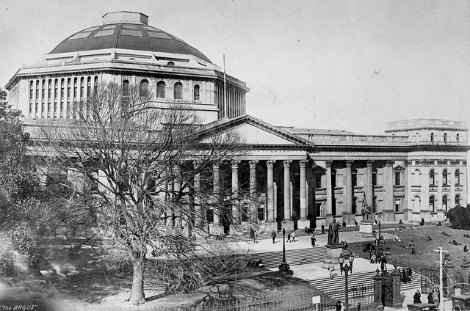
MARGARET DOOLEY AWARD
- Andy Lynch
- 27 August 2014
9 Comments
The kind of Australia we live in today can be directly attributed to the kinds of institutions built 150 years ago - schools, universities, libraries, museums, and more. But in 2014 is it even possible to carve out new public institutions or give new life to those that have waned in relevance?
READ MORE 
-
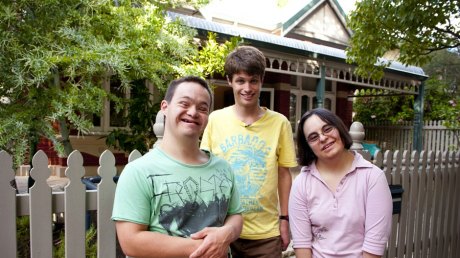
MEDIA
- Andrea McQueen
- 27 August 2014
10 Comments
In recent years, people with disabilities have been coming out of institutions. They are in our streets, our shops and our schools, but not on TV. We need programs like the ABC's Dreamhouse to prompt conversation about what kinds of lives are possible for people with disabilities, and how we can best use our tax money to make dreams come true.
READ MORE 
-
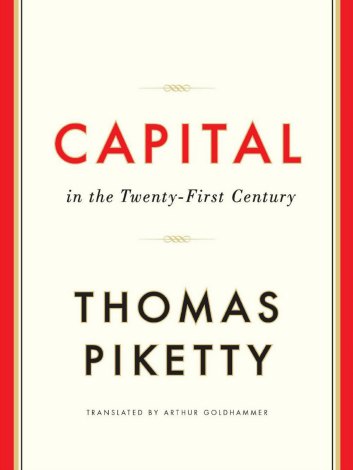
MARGARET DOOLEY AWARD
- Harry Maher
- 20 August 2014
14 Comments
Inequality is dangerous. And inequality is at a near all-time high. At its core, the Government’s recent budget not only engenders but actively exults in the creation and maintenance of inequality, a phenomenon rapidly expanding not just in Australia, but around the world.
READ MORE 
-
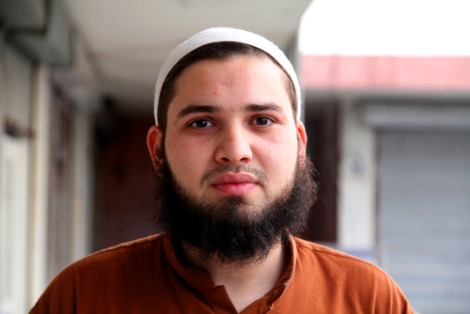
AUSTRALIA
- Michael Mullins
- 11 August 2014
18 Comments
The Prime Minister's Team Australia campaign will only work with policies of social inclusion. The Budget’s harsh and divisive welfare rules will drive young Muslim unemployed into the hands Islamic radicals. Church welfare agencies have suggested a solution by way of an independent entitlements commission to ensure welfare payments are fair.
READ MORE 
-

AUSTRALIA
- Michael Mullins
- 21 July 2014
8 Comments
The Coalition glorifies business entrepreneurship, which is promoted as a good that trumps social inclusion. It is paradoxical that there is more appetite for social entrepreneurship in the USA, which is known as the land of the self made man. The explanation is that investing in social capital ultimately makes good business sense.
READ MORE 
-
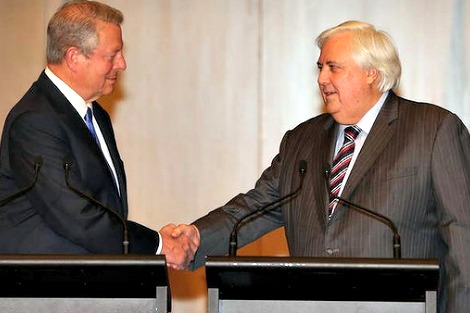
AUSTRALIA
- Michael Mullins
- 14 July 2014
9 Comments
Clive Palmer is thwarting some of the inequities in the Coalition’s Budget and legislative program. He appears to stand for policy that is confused and inconsistent, and possibly self-interested. But in joining hands with Al Gore he has shown himself capable of forging alliances with business and other entrepreneurs, for the common good of humanity. Fellow mining magnate Twiggy Forrest got together with Pope Francis to promote the abolition of slavery. Perhaps the Pope is on Clive’s list.
READ MORE 
-
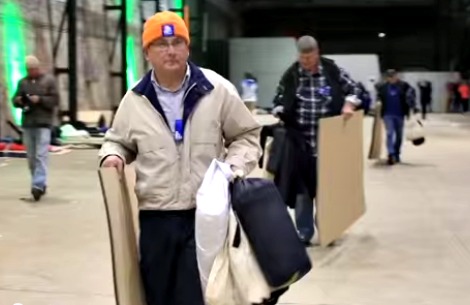
AUSTRALIA
- Michael Mullins
- 23 June 2014
6 Comments
Earlier this month, Pope Francis once again blasted capitalism. But it is not true that all business leaders dismiss those who appear chronically unproductive. Thursday's Vinnies' CEO Sleepout included investment bankers and other capitalist 'true believers', and now venture capitalist Mark Carnegie is proposing a war against growing inequality and disengagement, as if he is on a unity ticket with the Pope.
READ MORE 
-

AUSTRALIA
- Paul O'Callaghan
- 20 June 2014
3 Comments
Pope Francis and Julie Bishop both spoke this week, with passion and within days of each other, about how to address poverty in the world's poorest countries. Bishop launched a framework of new performance benchmarks, and her desire to improve accountability and transparency in Australia's aid program is to be commended. Hopefully the framework holds the voices of the poor and marginalised at its centre.
READ MORE 
-
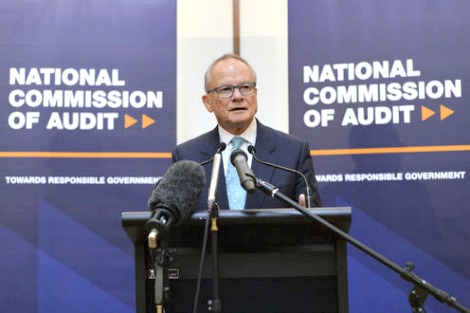
AUSTRALIA
- Michael Mullins
- 05 May 2014
17 Comments
The National Commission of Audit believes spending cuts that produce a balanced Budget will make us all better off because we will have a stronger economy and more jobs. But Pope Francis is skeptical about such 'trickle-down' economic theories, which express 'a crude and naive trust in the goodness of those wielding economic power'.
READ MORE 
-

AUSTRALIA
- Frank Brennan
- 11 April 2014
1 Comment
'Whether or not we have a bill of rights, much of our human rights jurisprudence remains partial, failing to extend rights equally to all. Once we investigate much of the contemporary discussion about human rights, we find that often the intended recipients of rights do not include all human beings but only those with certain capacities or those who share sufficient common attributes with the decision makers. It is always at the edges that there is real work for human rights discourse to do.' Frank Brennan's Blackfriars Lecture
READ MORE
-

AUSTRALIA
- Frank Brennan
- 24 February 2014
5 Comments
'Three decades on, Queensland once again has a premier who finds some political advantage in skewing the balance between law and order, impugning the integrity and vocation of the legal profession. He has described defence lawyers as hired guns.' Professor Frank Brennan SJ addresses the Queensland Law Society Dinner, 30 years on from his book Too Much Order with Too Little Law.
READ MORE
-

AUSTRALIA
- Frank Brennan
- 11 February 2014
1 Comment
'The market for disability services will need to be underpinned with a strong and robust internal risk management framework. There will be an increasing number of for-profit operators in the sector. Hopefully the not-for-profit operators will make the necessary adaptations competing in the market and providing the ethos for the market to deliver services in a dignified, fair and transparent manner.' Frank Brennan's Leading the Way Seminar for the National Disability Service
READ MORE